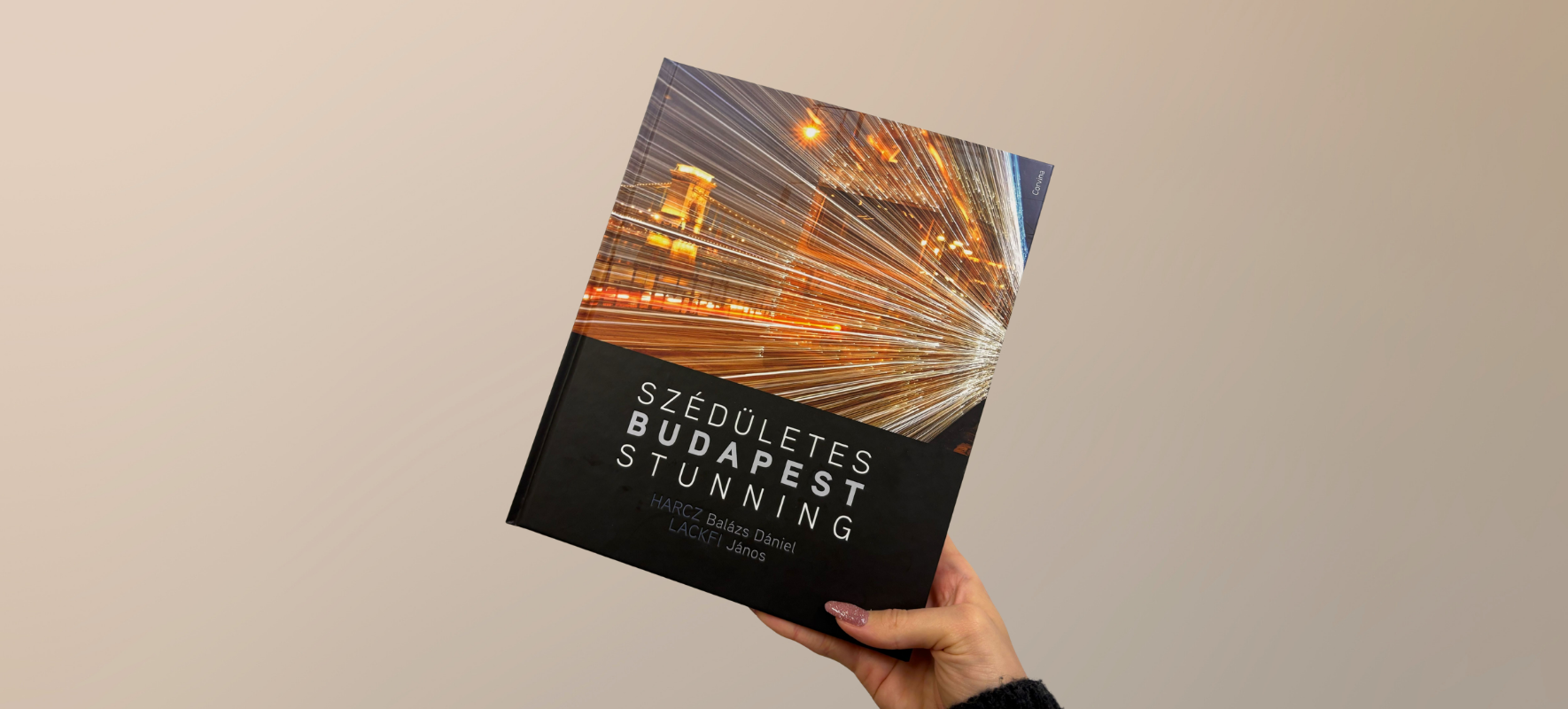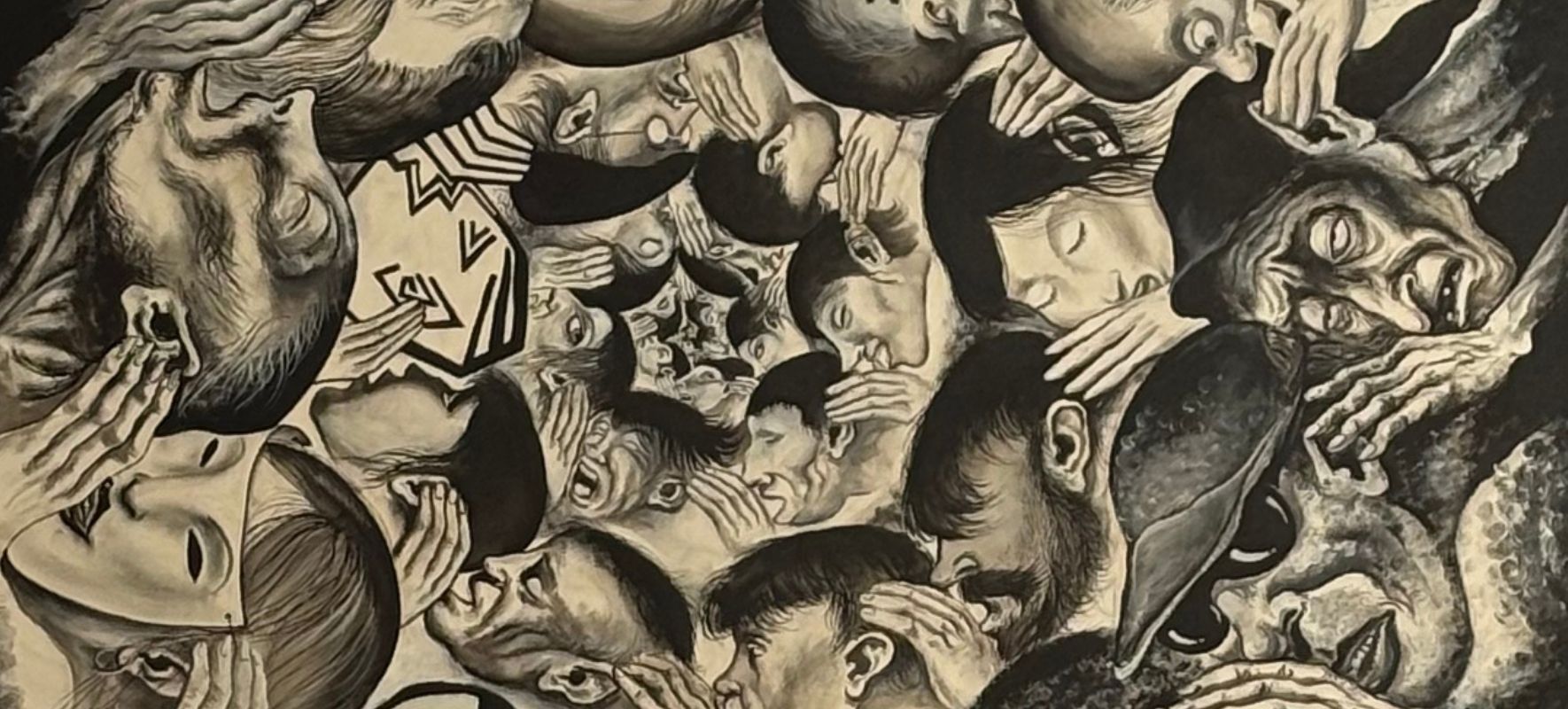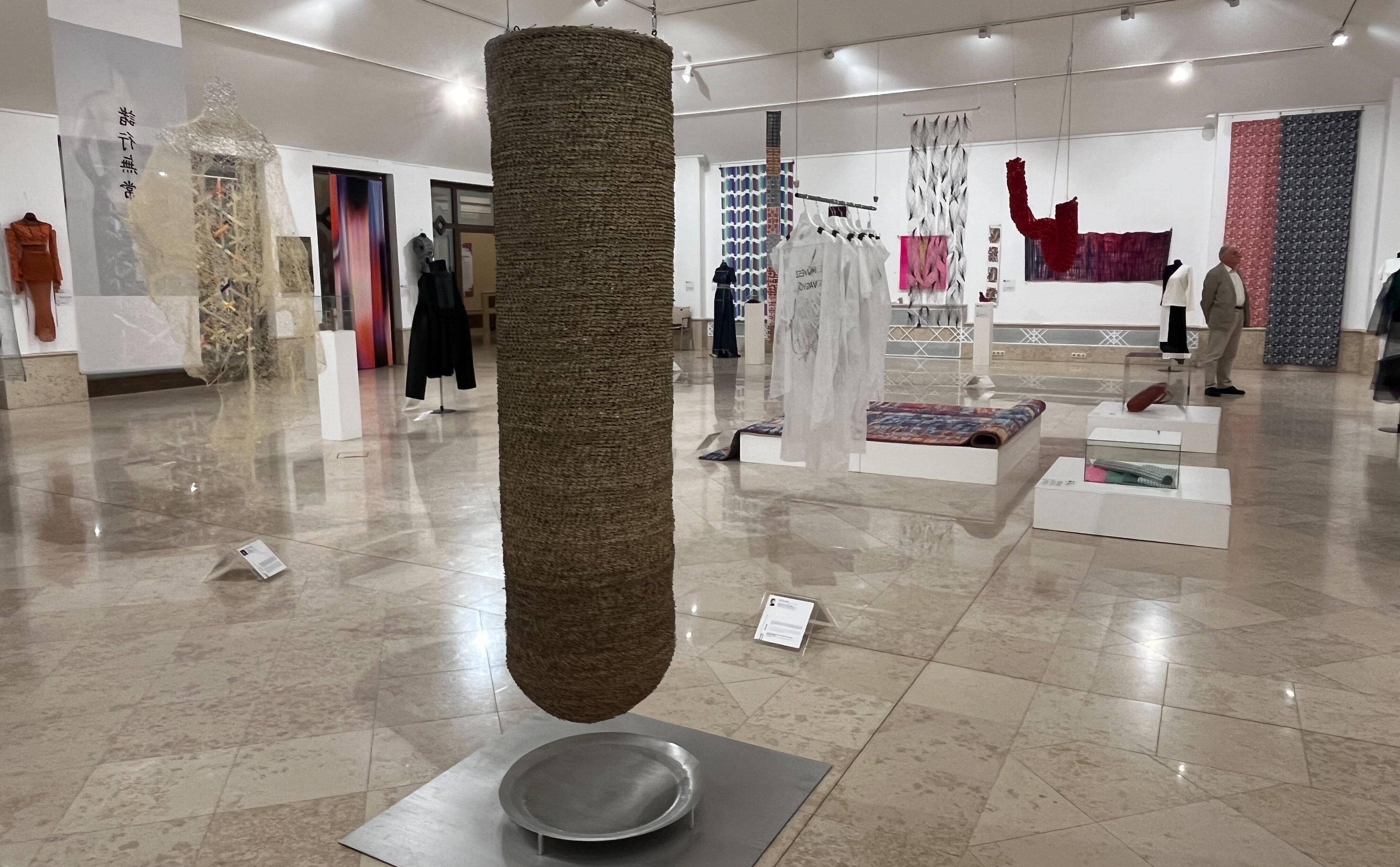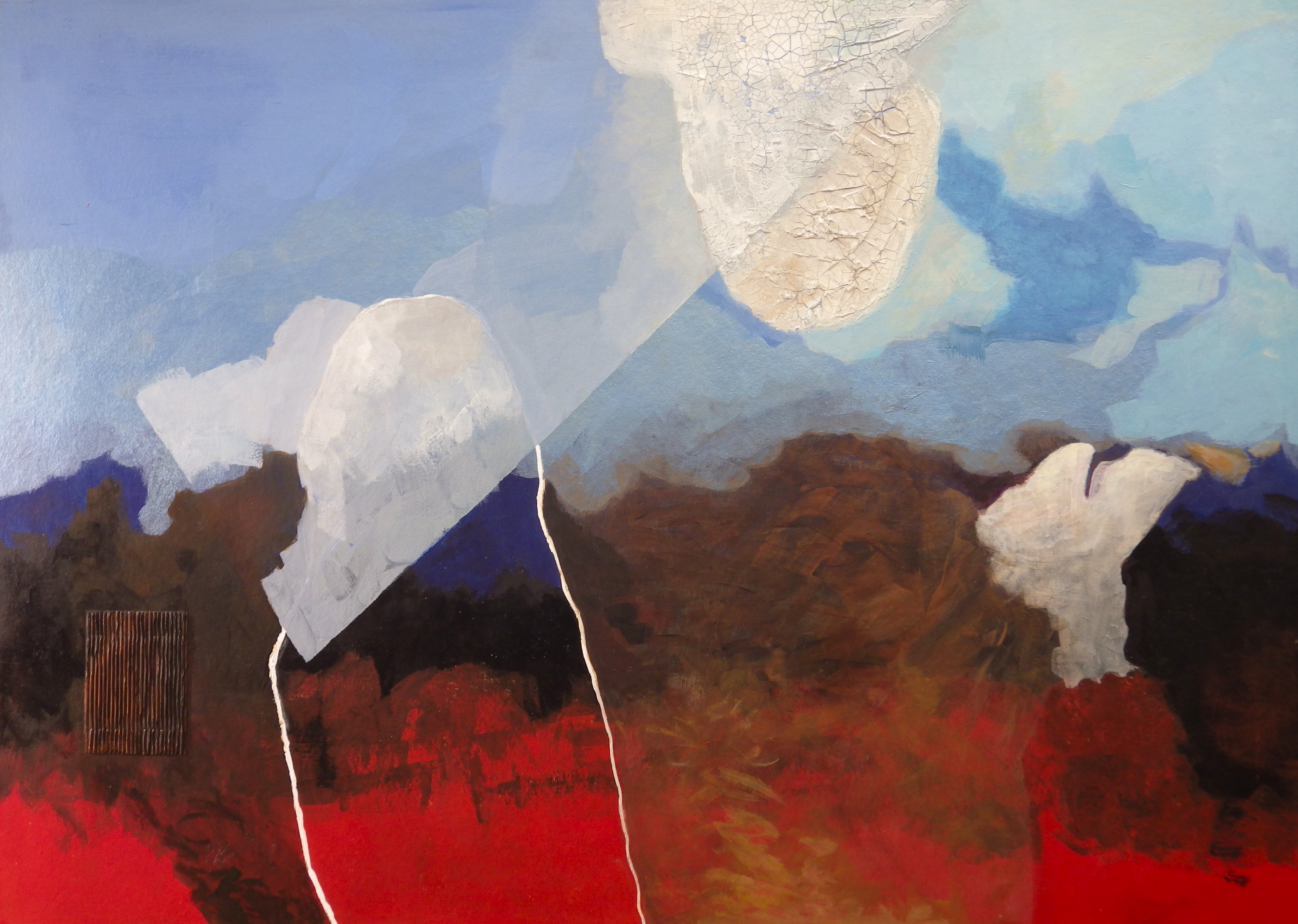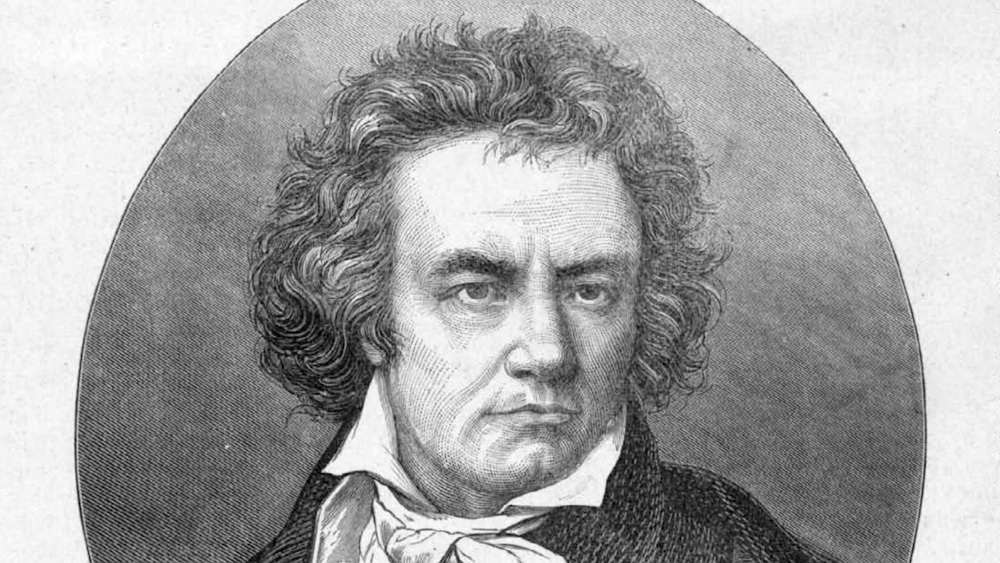
Mosaics from Pesti Vigadó's History
by Árpád Lesti
"On the 100th anniversary of Beethoven, a committee was established in Vienna to organise related celebrations", contemporary Hungarian daily Pesti Napló writes on 13th April 1870 informing its readers in the town of Pest. The foreseeably 3-day-long celebrations "will be organised in a way that the events will extend to and will encompass all phases of Beethoven's work as a composer. The planned preliminary programme includes the following works. In the puppet theatre: Egmont accompanied by Beethoven's music; in the opera house: Fidelio; and in the winter horse-riding school: a great concert featuring – among other works – Beethoven's world-famous symphony."
Weeks and months pass by and the town of Pest, which always keeps a careful eye on what is happening in Vienna, remains silent. The contemporary public is informed only 6 months later in October that the Hungarian National Theatre's "Beethoven celebrations […] will befit the great composer." According to the original plans, on the first day of the event series, Goethe's Egmont is staged, while the next day, 16th December, Friday will see the performance of Symphony No. 9 and Hungarian music composer Franz Liszt's works from 7 p.m. in the Great Hall of Redoute, which building formerly stood in the place of Pesti Vigadó. The similarities between the planned celebrations in Vienna and Pest are striking, but perhaps there is more to this situation than simple copying. The explanation seems quite simple: in German-speaking countries, on every occasion great German poet Goethe's Egmont was staged accompanied by Beethoven's music, and Beethoven in fact has no other opera, while Symphony No. 9 is quite often played.
In that situation, how could the town of Pest still compete with Vienna? In no other way but through the very art itself: music. In this case, competition through music means the featuring of no lesser star than Franz Liszt himself. "Franz Liszt will also take part in the organisation of the Pest-based event. Liszt agreed to participate in the Vienna-based Beethoven celebrations only on condition the festive performances will be staged earlier than the ones in Pest or will be postponed, as the Vienna-based events were scheduled to be held on the same days as the ones in Pest." The situation is quite straightforward: those who want to listen to Franz Liszt's performance will have to come to Pest.
There is intense interest in the Pest-based events: in November the dailies keep publishing which works will feature which performers and write about when Franz Liszt will arrive in Pest to personally manage the preparations for the Beethoven celebrations. Probably, there was great panic in Vienna when Franz Liszt requested the following: he asked that the Vienna-based celebrations be postponed as he, contrary to his original plans, also wished to take part in the events staged in Pest. The Vienna-based organising committee "had no other option but to stage the celebratory events on the planned dates, as the preparations were so much forward that postponing the event would have meant cancelling some of the programmes altogether". Contemporary journalists did not write about why it was impossible to stage the Vienna-based programmes one week later but Franz Liszt's request proved helpful: eventually, the celebrations in Vienna were organised on their original dates and Franz Liszt performed in Pest.
And, in addition to all this, the world-renowned artist moved other celebrities, too! This is proved by the daily Pesti Napló's issue that appeared on the day following the Pest-based concert in Redoute. The article in that issue discussed that the concert was attended by "King Franz Joseph I of Austria, Archdukes Albrecht and Joseph and Archduchess Clotilde. From Redoute, the King was taken to the railway station in a carriage and travelled back to Vienna." From this, there is only one conclusion to draw concerning the dual between the towns of Vienna and Pest: If the mountain will not come to Muhammad, then Muhammad must go to the mountain.

